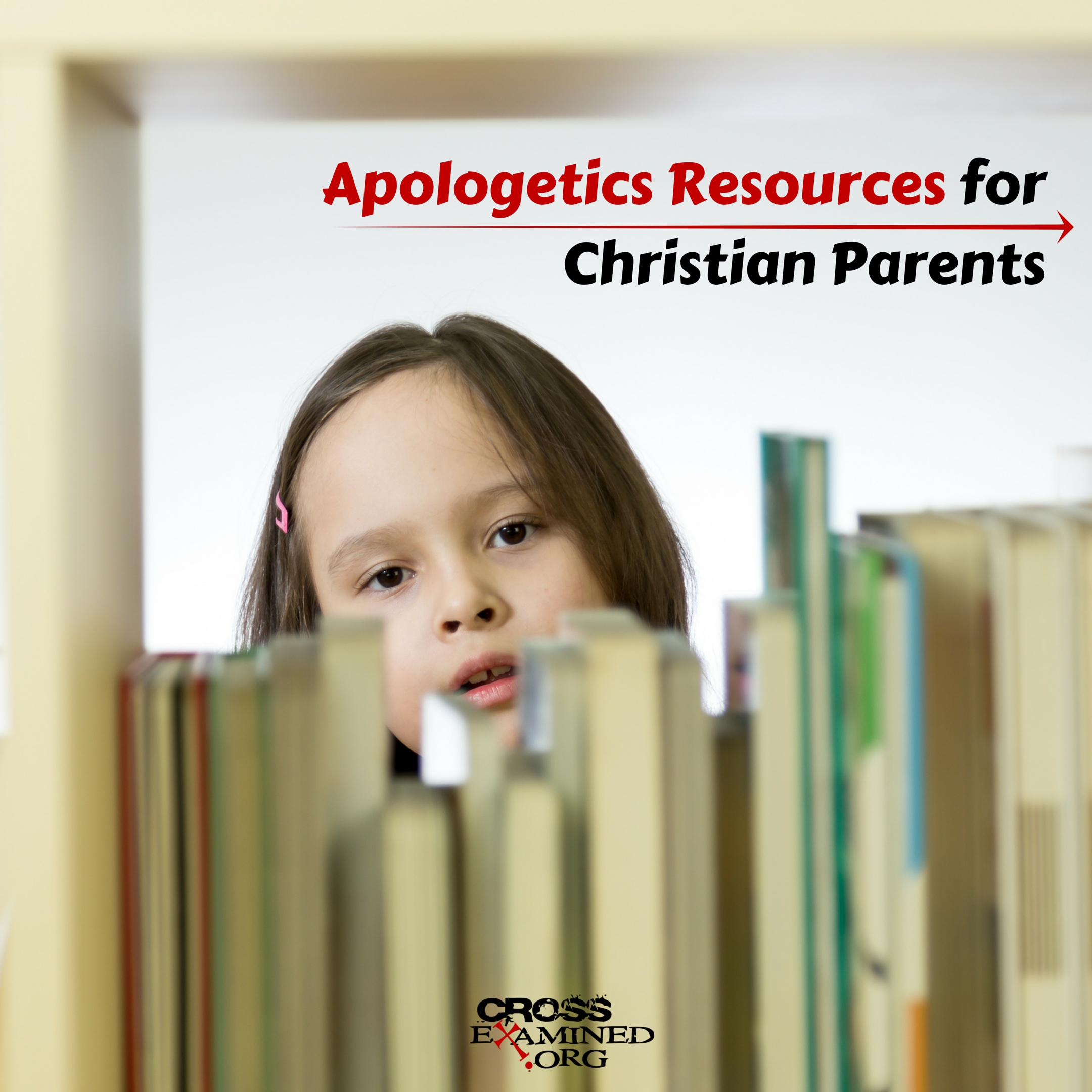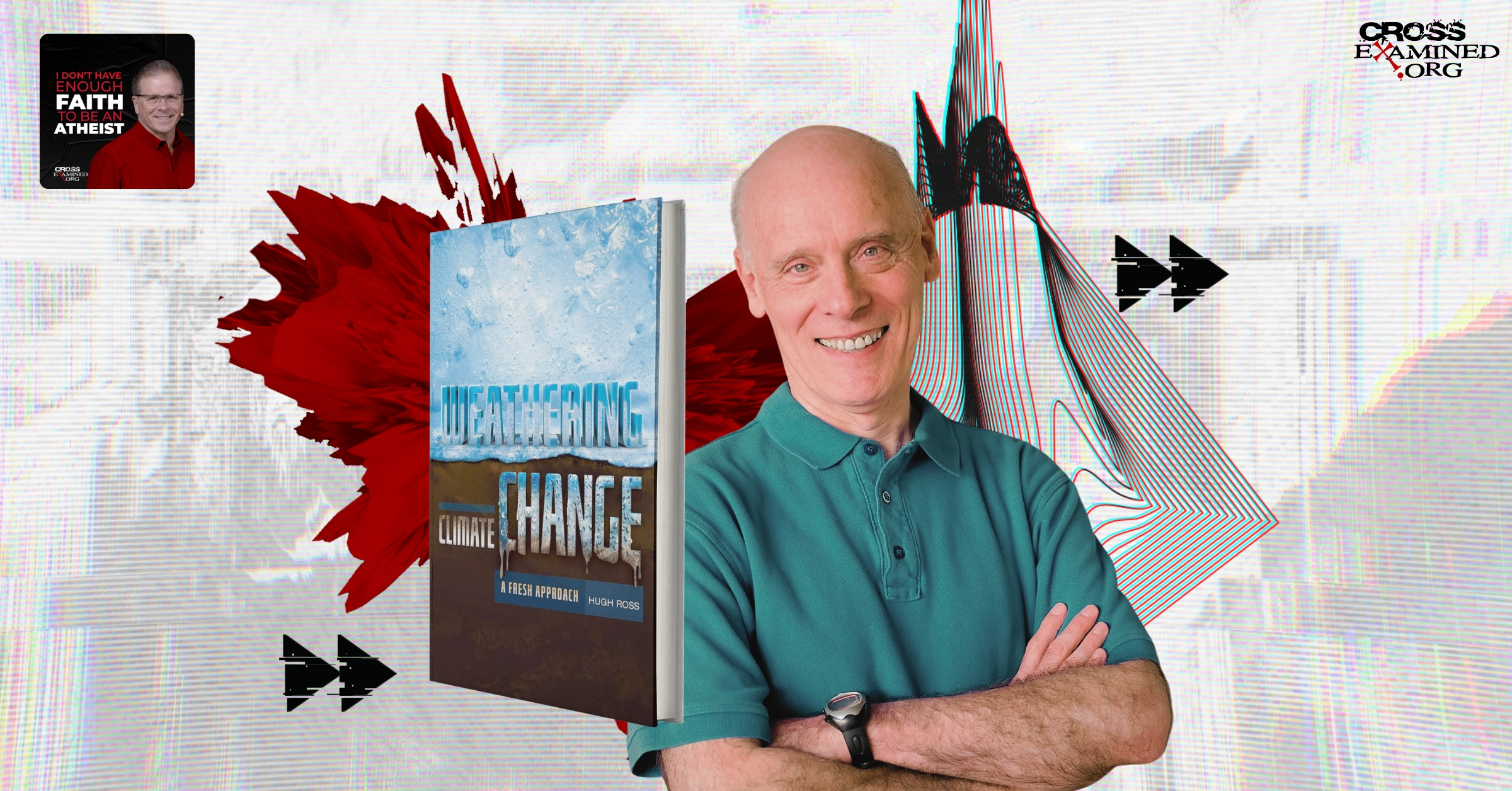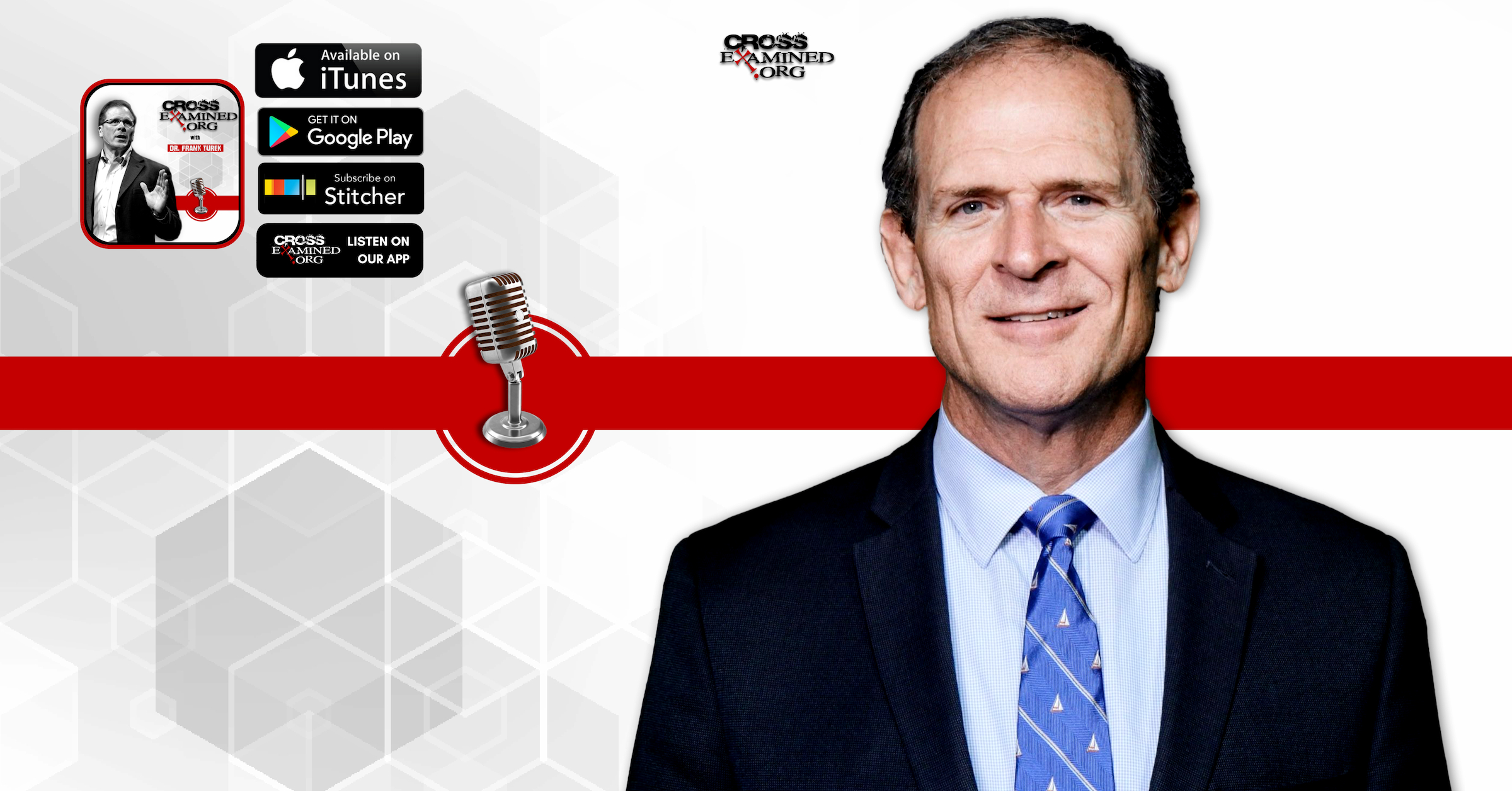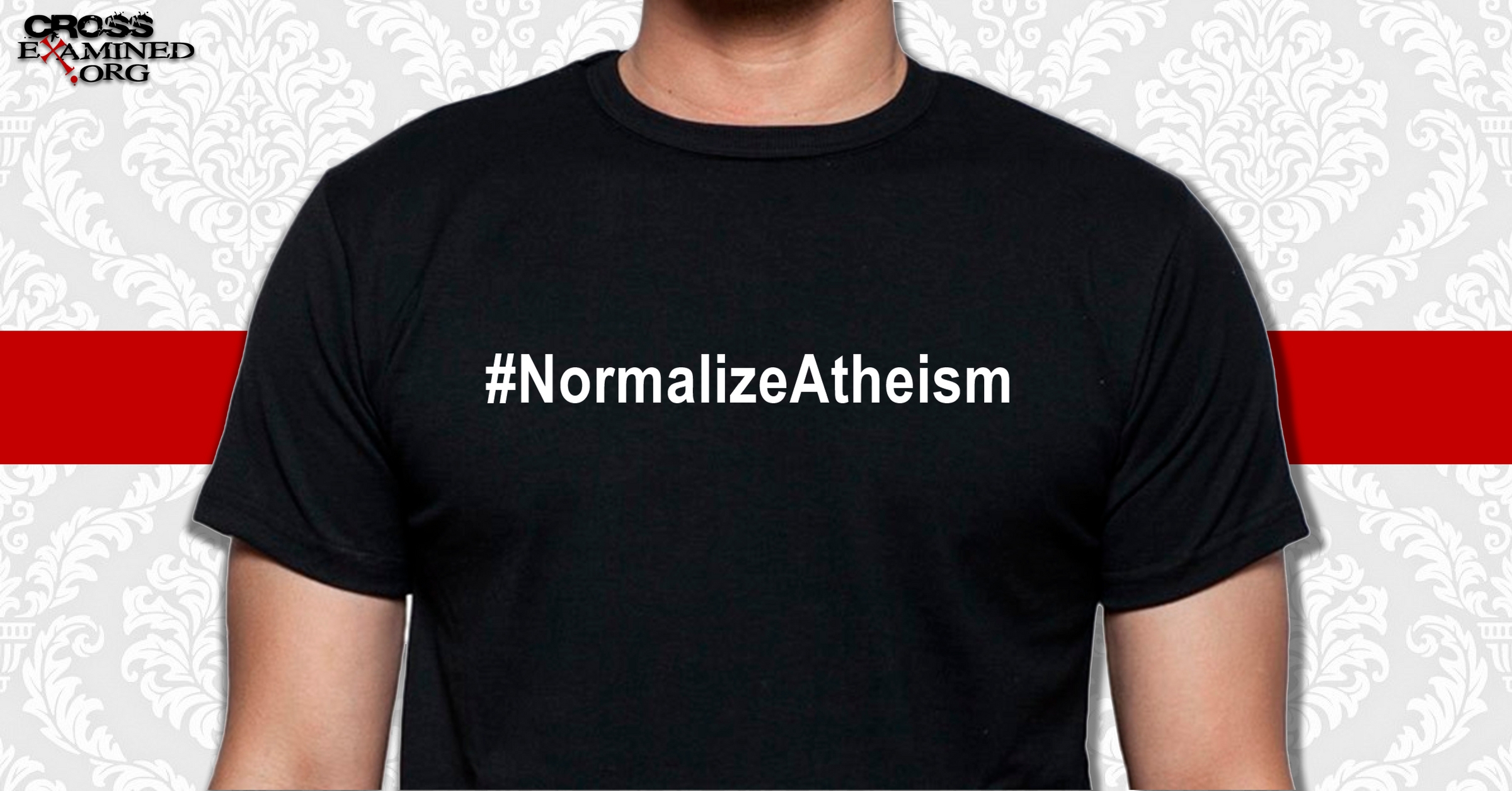What Does it Mean to be Unequally Yoked?
Many people see “unequally yoked” in a Bible verse or hear it in conversation and seem to have one of two thoughts come into their mind: (1) Make sure I’m equally yoked with my spouse, or (2) Why does Paul care about anyone’s egg yolks, much less them being equal?
As important as getting good protein matters, this verse definitely doesn’t have anything to do with poultry. And some are surprised to learn that it’s not limited to marriage. I want to help break this down more.
What is a Yoke Anyways?
A yoke is a wooden beam that connects two large animals, like oxen, and helps them work equally and together. They carry the burden of work together. It would be attached to a plow or cart, and they’d pull it simultaneously as partners. Basically, they’re teamed up together. So with that in mind, let’s read the scripture:
Do not be unequally yoked with unbelievers. For what partnership has righteousness with lawlessness? Or what fellowship has light with darkness? What accord has Christ with the devil? Or what portion does a believer share with an unbeliever? What agreement has the temple of God with idols? For we are the temple of the living God. As God said, “I will make my dwelling among them and walk among them, and I will be their God, and they shall be my people. Therefore go out from their midst, and be separate from them, says the Lord, and touch no unclean thing; then I will welcome you, and I will be a father to you, and you shall be sons and daughters to me, says the Lord Almighty.”
2 Corinthians 6: 14-18 (ESV)
With the description of being “yoked” together, picture the image of the oxen yoked together, and imagine that they’re uneven, that one ox is yoked improperly, and it’s off balance. This causes the cart to go uneven, and the oxen cannot work together. This causes them to go around in circles or stop altogether. I also envision a three-legged race where people have their legs tied together, and they have to work together to get to the finish line, but one person either refuses to move, or they were tied incorrectly, and they can’t work together because of it. One person is just dragging the other like a bag of rocks, trying to progress but can’t.
What is the Context?
As with any passage of Scripture, it’s helpful to know who’s writing, why he’s writing, and whom he’s writing to. Paul is writing this letter to the Corinthian church to defend his authority and denounce people who were twisting truth. There always seemed to be moral issues within the church, and in both letters to the Corinthians, Paul addresses this. In chapter 6, Paul just got done addressing the Corinthian’s belief that Paul “restricts” them.
Paul loved the Corinthians, and he wanted them to know that. In chapter 6 verses 11-13, He says that they feel hurt by him and restricted, but he’s saying, no, I’m not restricting you. He’s saying that they’re restricting themselves, ironically, through their affection to the world and pride within themselves.
This is so familiar, isn’t it? We see this today, too, where people think it’s “unloving” or “judgmental” to even talk about moral restrictions.
With that as a backdrop to the verses about being unequally yoked, we can better understand why Paul would use that as an example. Paul is speaking to the overly broad affections of the Corinthian Christians. They had joined themselves —yoked themselves— to unbelievers, preventing their reconciliation with Paul. Paul is saying not to yoke together in this way because it causes damage to their relationship with God and other believers. The idea of “do not be unequally yoked together” is based on Deuteronomy 22:9, which prohibits yoking together two different animals. It’s talking about joining two things that should not be joined. Like ketchup on ice cream. Or using turpenoid with acrylic paint.
Or like pineapple on pizza. (Fight me.)
Many people use this passage when talking about marrying an unbeliever, which is true, but Paul is talking about much more than just that. It really applies to any environment where we let the world influence our thinking to the point that we compromise our beliefs or syncretize with theirs. In other words, it’s “conforming to the world,” as it says in Romans 12:2.
“Unequally yoked” refers to any environment where we let the world influence our thinking to the point that we compromise our beliefs or syncretize with theirs.
On the other side, some people use this verse to say we should never even be around or have anything to do with people with different beliefs than we do, and that’s just demonstrably false. Jesus didn’t even do this. What Paul is not saying is that we should never associate with unbelievers. The idea is to be in the world but not of the world. We’re not meant to be theological hermits in our religious echo chambers, only associating with people that agree with us. This isn’t biblical and doesn’t follow the biblical command to make disciples in Matthew 28 or to know what we believe and why we believe it, as it says in 1 Peter 3:15. We hide our light under a bush, and Jesus says not to do that, we need to let it shine. This doesn’t mean that if we have a weak conscience or struggle with being impressionable or people pleasers, we need to put ourselves in spiritually dangerous positions. We each need to discern our sensitivities and be wise about them. But that doesn’t mean we need to treat unbelievers with contempt or develop a superiority complex within ourselves by using this verse as an excuse to never associate with people of a different viewpoint or beat Christians over the head if they’re kind or friendly with unbelievers.
That’s simply unbiblical and frankly pretty unhealthy, in my opinion.
I mean, here we are speaking about yokes… some people place an impossible yoke on others, placing a burden that Jesus came to relieve. They use this passage in an extreme way, as a weapon, almost against their fellow brethren. There is no pleasing them. They completely miss the point of the passage.
But isn’t it more loving to share their yoke?
The difference here has a lot to do with boundaries. The Corinthian Christians thought, much like people do today, that it’s “loving” to accept people’s sin along with righteousness, darkness along with light, the devil along with Christ. When Paul says not to be unequally yoked, I’d like to think of it as the first-century version of the coexist or tolerance sticker. Don’t be a coexist sticker. You can’t just add the love of God without renouncing evil.
The best example of the context of what Paul is saying here is to look at the behavior of the Corinthians and see that he’s saying that they thought like worldly people, not like godly people. Because of their unhealthy ungodly associations, it caused them to stumble and sin. Paul is correcting this and trying to reconcile with them.
To be yoked together with someone means that you are in a compromising partnership with them, and you’re compromising your beliefs to do it. It’s a type of syncretism. This is mixing the Christian message with the more culturally accepted beliefs around you and making a hybrid sort of Christianity that seems to work for everyone. But really, it’s for the purpose of not offending those around you. Compare this with what’s called contextualization, which is what we want to do when sharing the gospel in a culturally appropriate way with unbelievers while not sacrificing the truth of the gospel to appease the people and culture.
Recommended resources related to the topic:
Is Morality Absolute or Relative? by Dr. Frank Turek DVD, Mp3 and Mp4
Have you Thought About Marriage today by Bob Perry Blog
LifeGivers Apologetics: Women Designed and Equipped to Share Reasons for the Hope Within (Book/ Study Guide – Teacher’s Version and Student’s Version) by Tricia Scribner
Woman to Woman: Preparing Yourself to Mentor (Book) by Edna Ellison & Tricia Scribner
Does Love and Tolerance Equal Affirmation? (DVD) (Mp4) by Dr. Frank Turek
4 P’s & 4 Q’s: Quick Case FOR Natural Marriage & AGAINST Same-Sex Marriage (DVD) by Dr. Frank Turek
____________________________________________________________________________________________________________________________________________________
Melissa Dougherty is a Christian Apologist best known for her YouTube channel as an ex-new ager. She has two associate’s degrees, one in Early Childhood Multicultural Education, and the other in Liberal Arts. She also has a bachelor’s degree in Religious Studies at Southern Evangelical Seminary.










